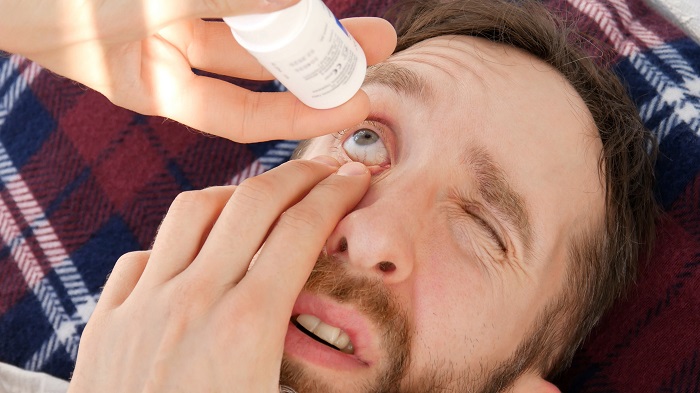Dry eye condition is one of the common problems that everyone can encounter. Yes, everyone can face this problem, but some risk factors also cause the possibility of dry eye to increase. Paying attention to these risk factors and eliminating risk factors will also reduce the risk of dry eye. So what are these factors we are talking about? Who is more prone to dry eye? Let’s take a look.
Factors Increasing the Risk of Dry Eye
In order to explain better, I would like to list the risk factors one by one and give explanations. Let’s move on to the items immediately.
- Deficient diet in terms of omega-3 fatty acids and vitamin A. There are researches on this subject. For those who are curious about the research, I am adding the link we shared for the research right here. Omega-3 fatty acids provide improvement in dry eye symptoms. In the research conducted on 470 people, we clearly see that results were obtained in this direction.
- Menopause period. During this period in women, there is a decrease in hormones involved in the production of tears. It should also be noted that with this decrease in hormones, tear production decreases and thus becomes more prone to dry eye.
- Operations performed on the eye. After operations such as cataract surgery and laser eye surgery, the risk of dry eye may increase. Here, it is a very important criterion to follow the healing process correctly after the operation and to follow the doctor’s recommendations. In general, dry eye effects are expected to decrease shortly after the operation.
- Not paying attention to eyelid care. Blockages that may occur in the meibomian glands over time also directly affect the quality of tears. In this case, you become more prone to dry eye. Therefore, it is important to take care of your eyelid care.

All these criteria are risk factors that increase the risk of dry eye. Paying particular attention to the care of the lids and attending regular medical check-ups will minimise the risk.

